
Texas Activists Work to ‘Free Palestine’ But Obstacles Abound
Texas organizers have drawn thousands of people to pro-Palestine rallies, but convincing state officials to support the cause won’t be easy.
Since 1954

Amal Ahmed is a freelance environmental reporter. Originally from Dallas, she has a journalism degree from Northwestern University and previously worked at The Atlantic and was a fact checker at Texas Monthly. Previously, she served as a staff reporter for the Texas Observer.

Texas organizers have drawn thousands of people to pro-Palestine rallies, but convincing state officials to support the cause won’t be easy.
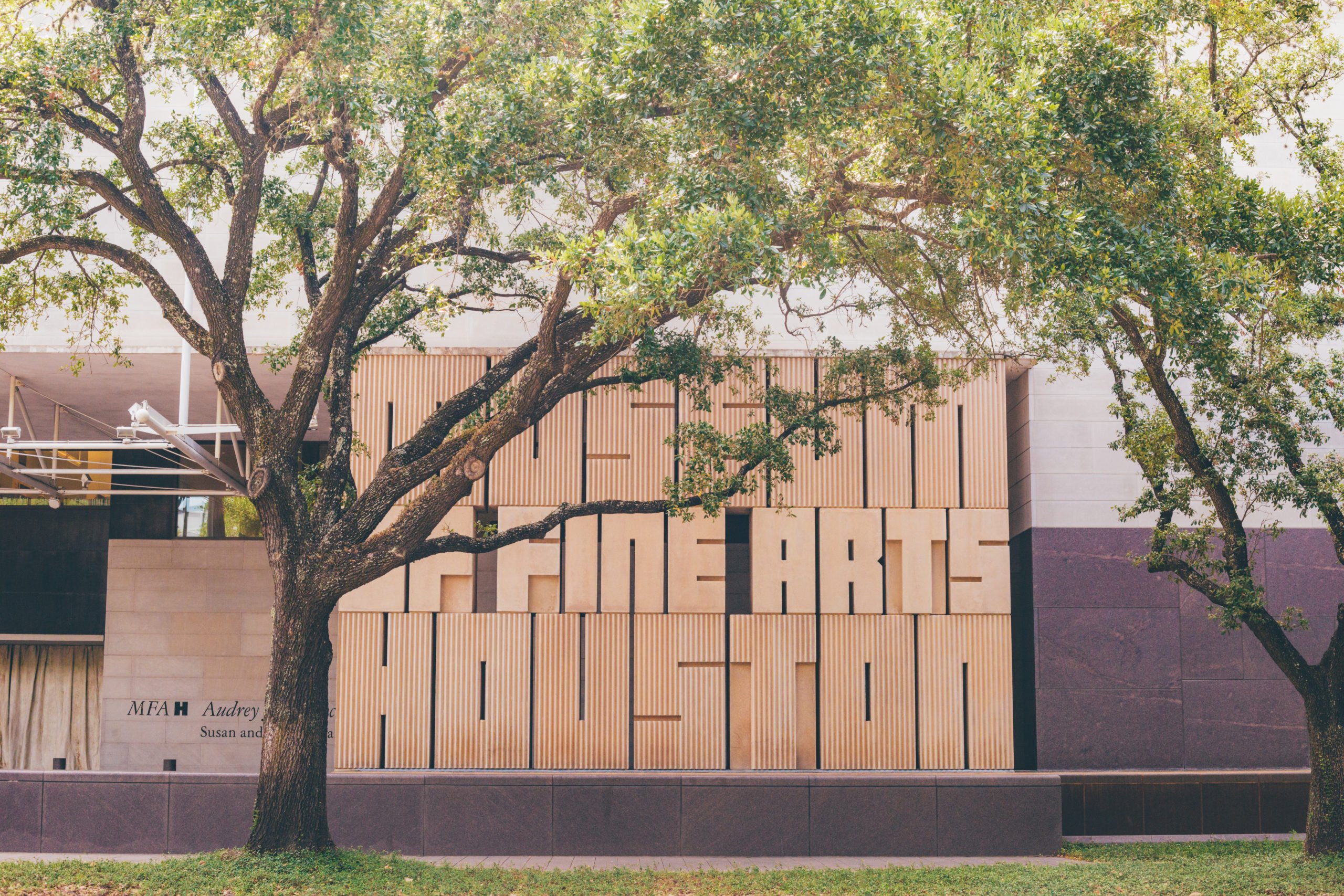
The Museum of Fine Arts Houston was one of the first major American art museums to reopen its doors to the public after a month long closure due to the pandemic. As the art world lavished praise on the institution for its bold plans, employees tell a very different story.
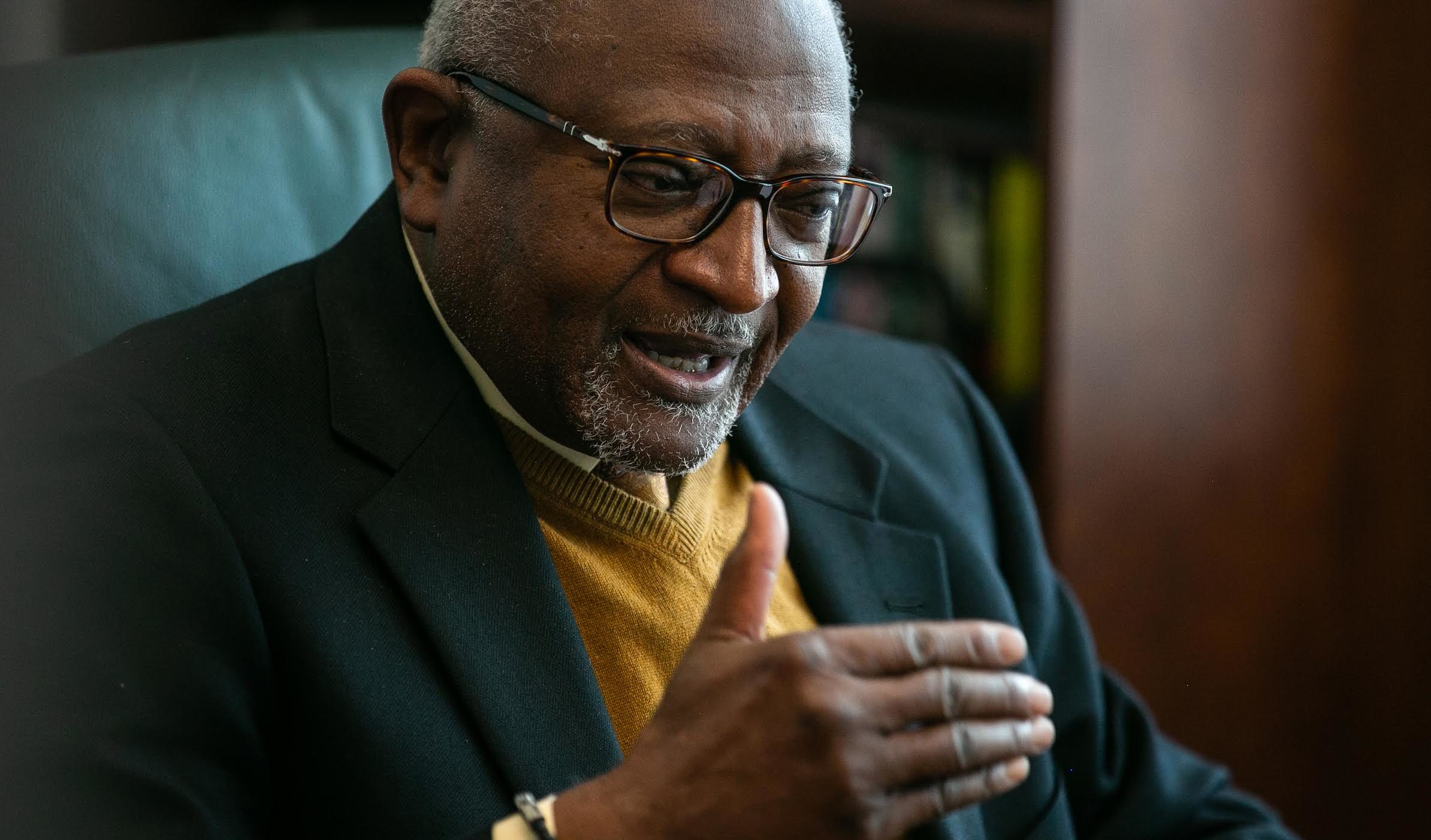
More than 40 years after the Texas Southern University professor researched the first environmental justice case, communities of color still face an uphill battle claiming their right to clean air and a healthy neighborhood. Federal environmental justice legislation could change that.
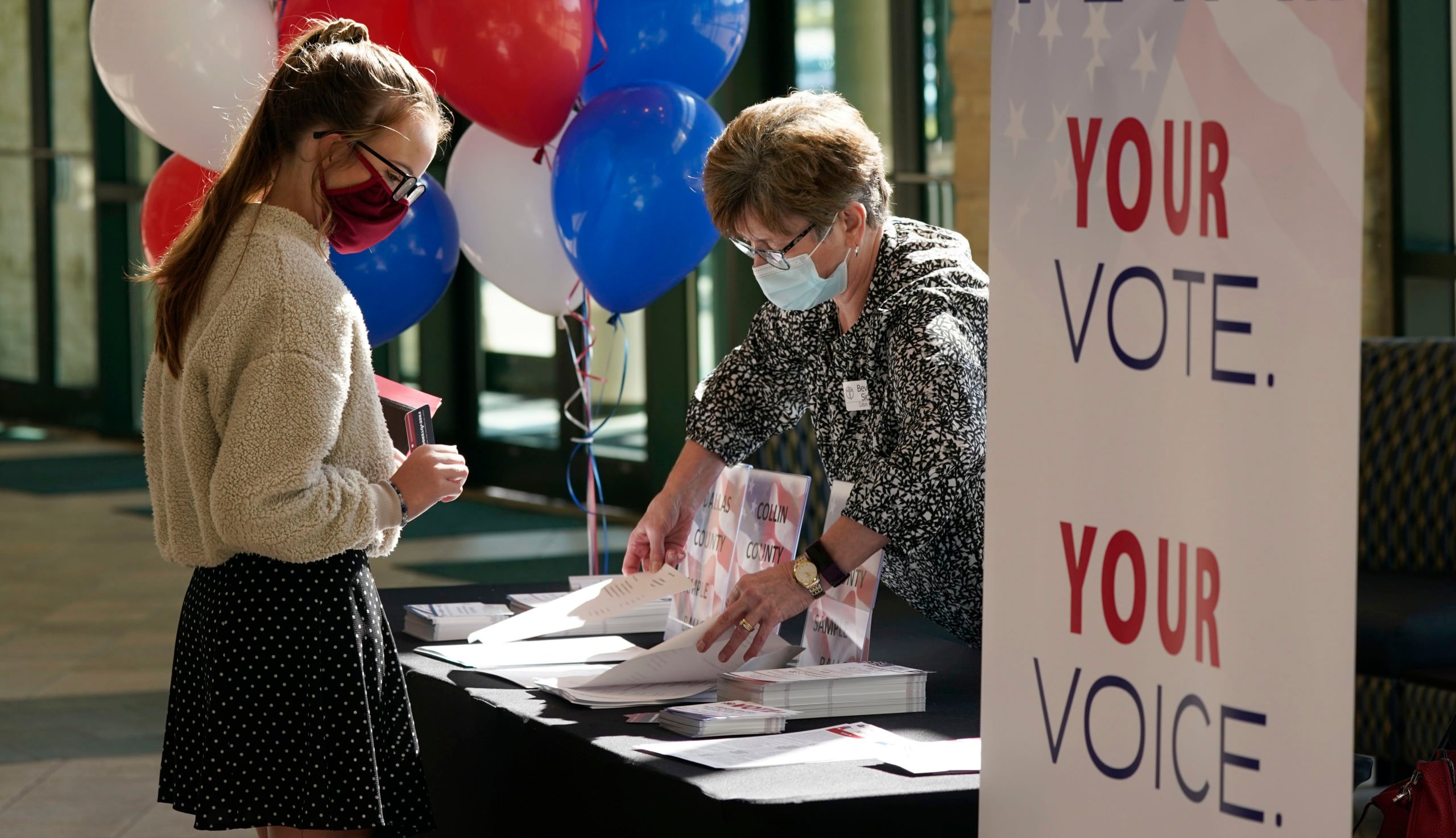
In the growing suburb, a years-old debate about zoning policy has led to increasingly polarized rhetoric in typically nonpartisan races.
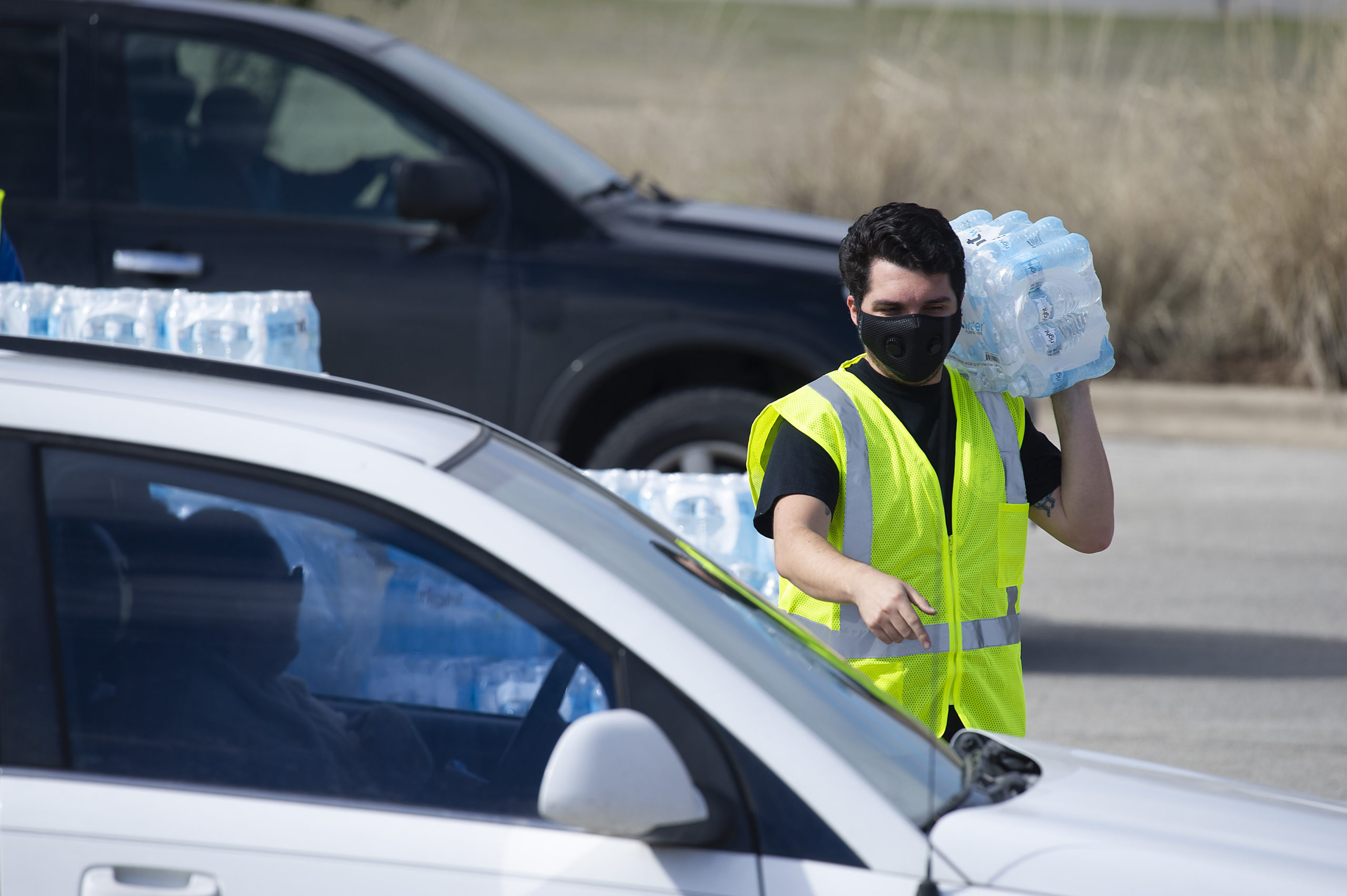
Emergency planning often overlooks the needs of the most vulnerable during natural disasters.

The Texas Railroad Commission’s about-face on natural gas flaring can be partially linked to pressure from European companies concerned about Texas’ dirty gas.

Without advance warning about the true scale of power outages and the risks of carbon monoxide poisoning, local officials say they were caught off guard, leaving residents to fend for themselves.
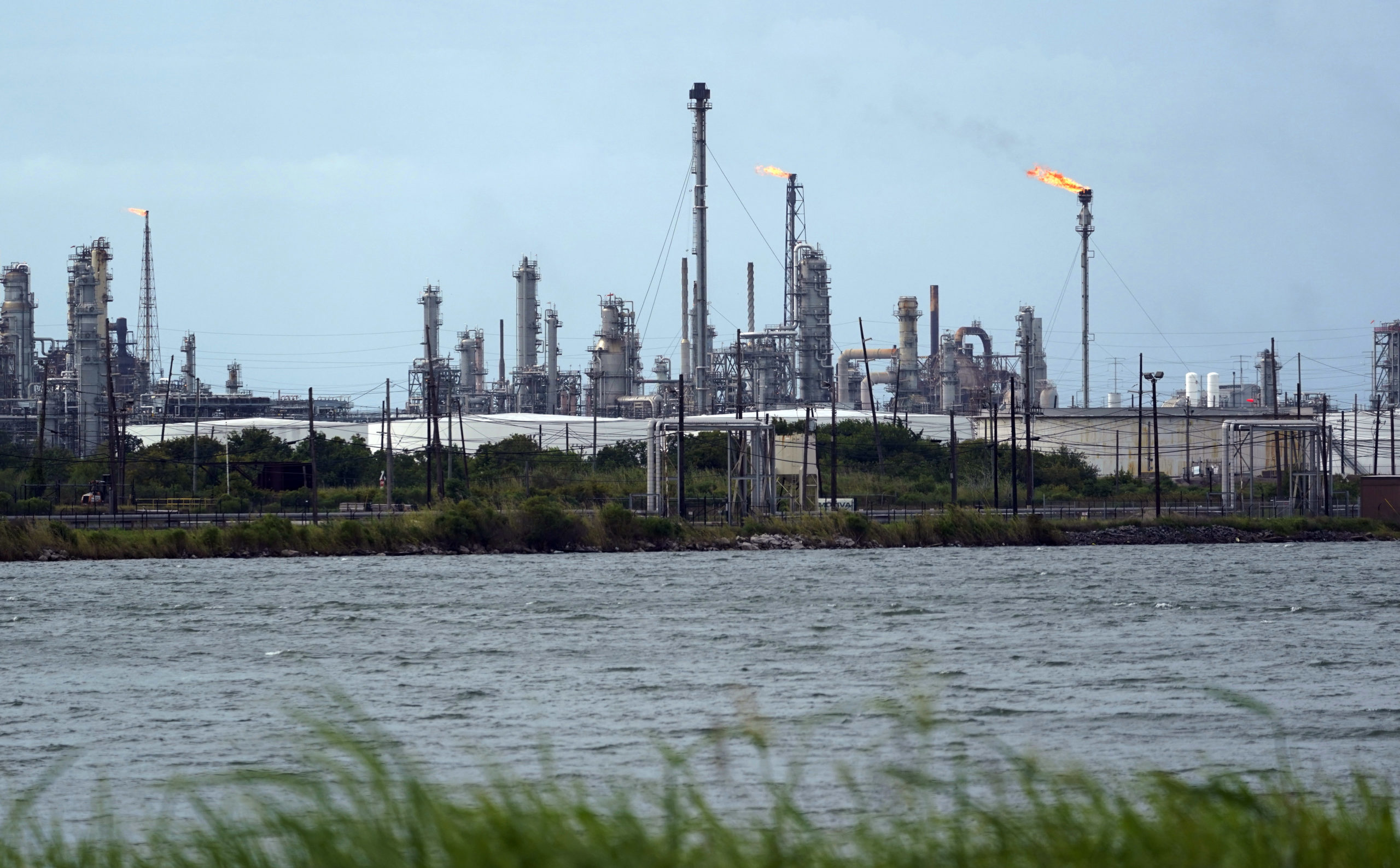
Many of them won’t face any consequences for the excess emissions that they pumped into the air, endangering the lives of communities downwind.
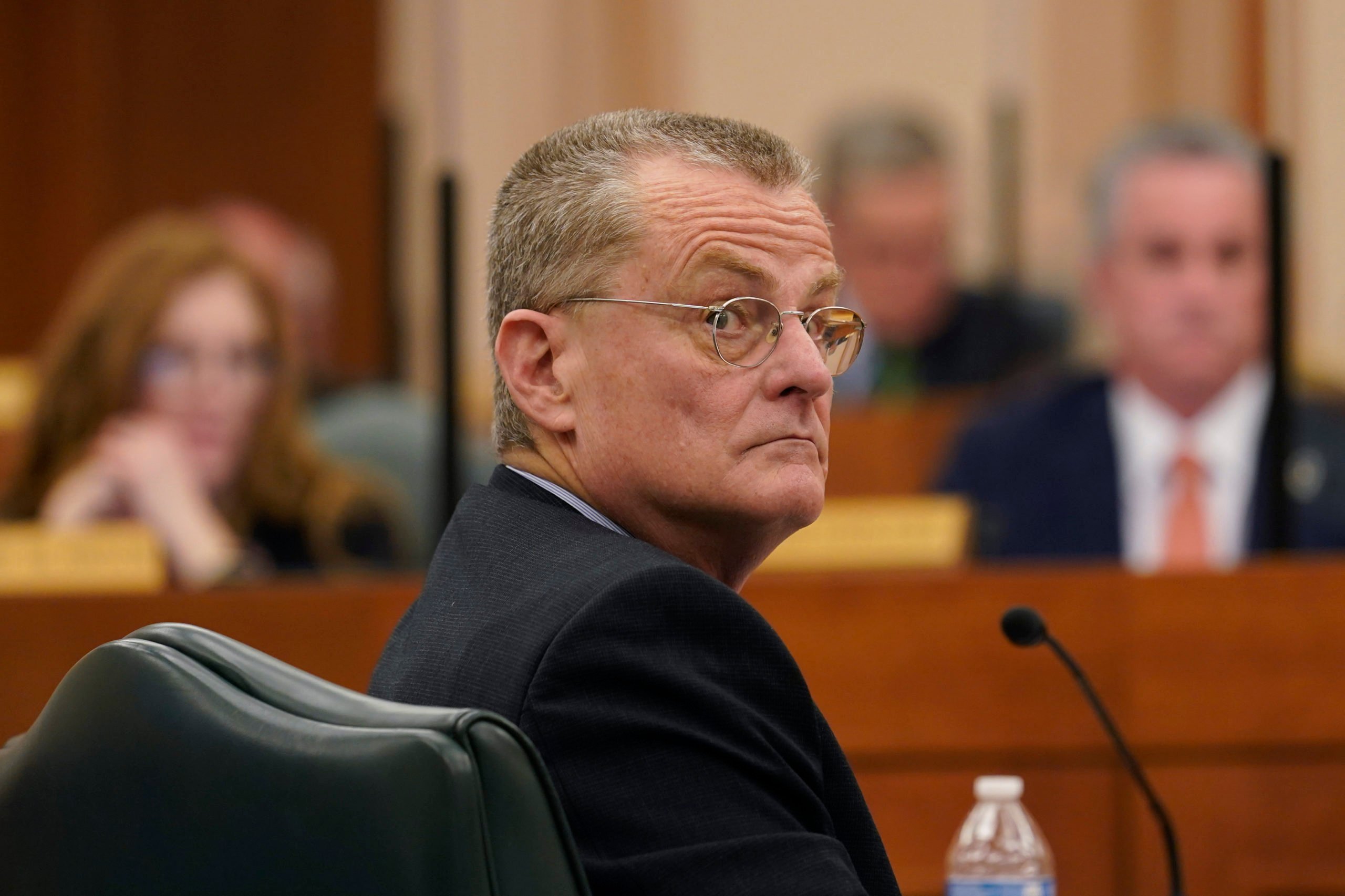
Top ERCOT officials collected six-figure salaries while failing to prepare for extreme weather events that they were warned about.
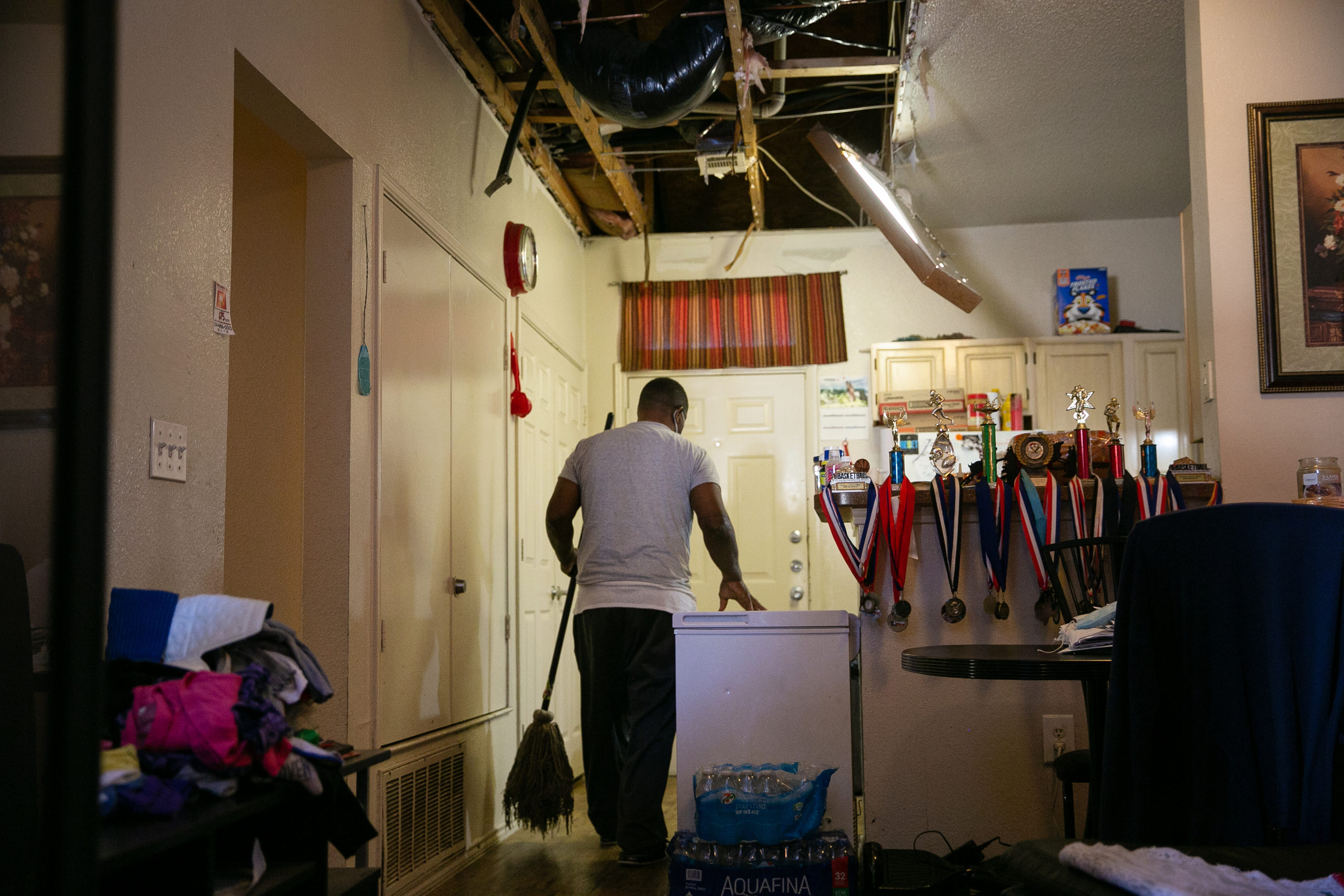
Power plants without insulation failed, leading to sustained blackouts. But poor insulation in homes across the state made it even harder to stay warm.